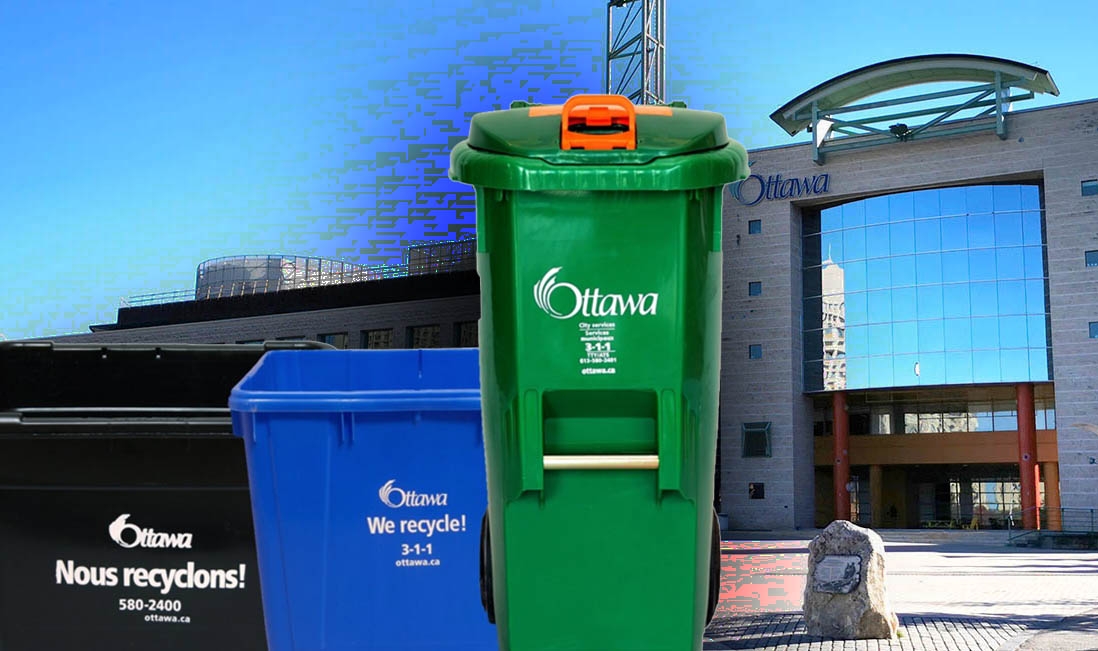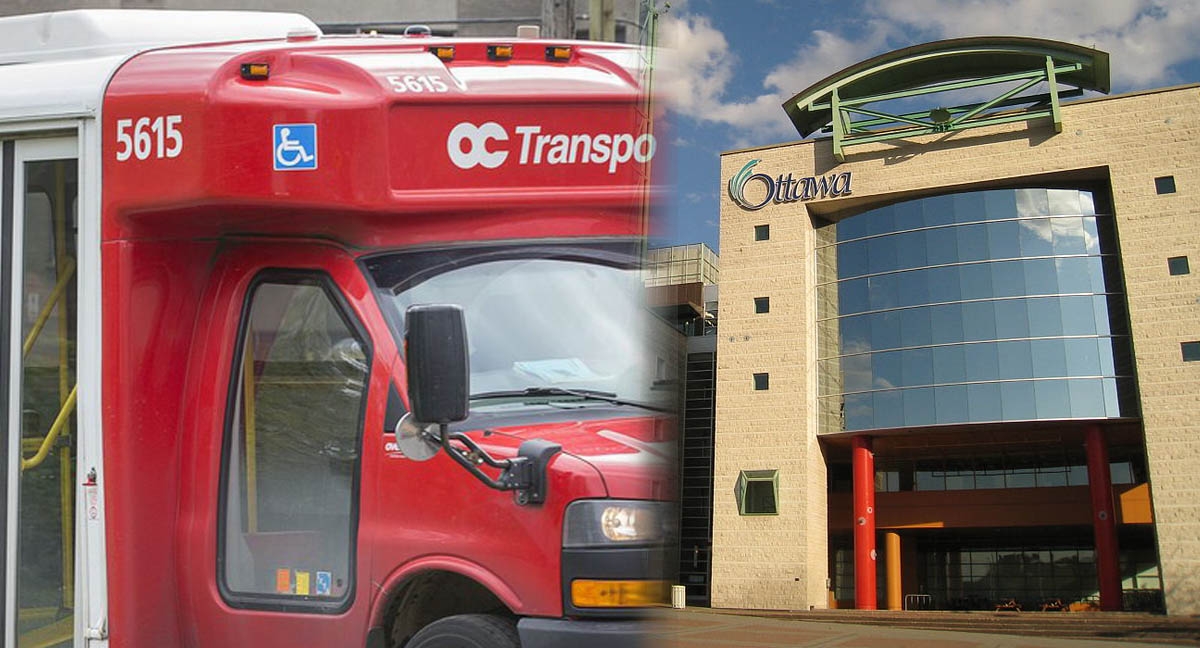
Trash Talk at Council – Landfills, Incinerator and Waste Diversion
The motion was expected to be contentious and take up much of Council’s time today, and it did.
The municipal landfill will likely hit capacity within 15 years, and to help encourage households to recycle, the Environment and Climate Change Committee and its Chair, Shawn Menards, are pushing for a garbage bag tagging policy that would limit residential households (not apartments or commercial spaces) to one standard garbage bin a week, with a $3 fee per extra bag or bin. Councillor Hubley believes the tagging proposal is a punishment to homeowners. In response, his proposal recommends that city staff look at alternative technologies for dealing with Ottawa’s garbage.
City staff pointed out the city is already looking for options to deal with the garbage under the Solid Waste Master Plan, and Councillor Menard called Hubley’s motion redundant.
Councillor Marty Carr asked city staff if the tagging system would be necessary if a new garbage incinerator were purchased. Carr pointed out that a large part of the tagging strategy is a diversion to recycling and organic waste disposal, which would not end up in landfills.
City staff noted that the goal of diverting waste would go ahead regardless of how the city manages landfill-designated trash. Notably, the advocacy group Waste Watch Ottawa has stated that 58 percent of solid waste is not being diverted, and a staggering 25 percent of households do not recycle at all.
Councillor Wilson Lo asked city staff how long Durham Region took to get their regional trash incineration facility operational. Staff member Shelly Macdonald said while she did not have the specific time, it was between “eight and ten years.”
Lo stated his main concern was that a new landfill costs significantly more than an incinerator. He further pointed out that while getting rid of trash will come with a price, landfills are the most environmentally damaging and expensive. Lo also pointed out that while living in Markham, waste diversion decreased due to effective municipal green bin and recycling programs, leading to the city scrapping a garbage tagging system. Lo closed his remarks by saying, “I’m more in favour of nudging our residents towards diversion rather than imposing on them.”
Councillor Theresa Kavanaugh advocates against building an incinerator because of the climate impacts noting that “anything that you send up in the air stays there.” Kavanaugh said that burning Ottawa’s trash makes it sound easy and will discourage residents from properly sorting their waste.
Despite Councillor Hubley’s motion being a protest against possible garbage bag tagging, there was broad support for his proposal from councillors who support tagging. Councillor Sean Devine said the two policy proposals should “walk hand-in-hand” to ensure human behaviour changes because technology is not the only solution.
However, Councillor George Darouze struck a different chord, saying he supports Hubley’s motion because the cost of dealing with trash is being unfairly put on the taxpayer. The rural councillor pointed out that the city spent billions on an LRT system that only some residents could access and noted that garbage collection is a core service and that the taxpayers should not be punished for having waste.
Councillor Matthew Luloff echoed Darouze’s point. He also said that if waste collection was given an additional revenue stream such as the one proposed by garbage tagging, “It will never go away” and will not solve the landfill problem. Luloff further argued that Menard’s bag tagging policy would punish larger and poorer families in the city.
Even though Hubley’s motion was carried, the Environment and Climate Change Committee will likely still pass a resolution to bring garbage bag tagging to Council. However, it seems that every suburban Councillor who spoke at Council today opposes Menards’ proposal of putting waste management costs on residents by forcing them to pay for extra garbage.
Hubley’s motion may force city staff to look for solutions to Ottawa’s landfill problem, but it has failed in its intended goal of knocking the Environment and Climate Change Committee’s proposed tagging policy off the table.










